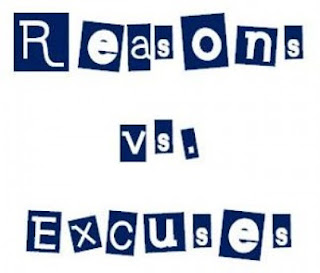My Take On Wrapping Up 2011 And Looking Ahead To 20112
L ast year, I wrote a number of posts near the end of the year heralding the usual thoughts. Those included some predicted ins and outs , my favorite posts from 2010 , and a list of blogging and social networking goals for 2011 . As for those posts, some ins are more common, some of my favorite posts have been read by more people, and I simply destroyed my blogging and social networking goals. That leads me to this year and how to wrap up a great 2011 while looking ahead to 2012. I have decided to change my approach, somewhat, and pass on making any predictions. Mostly because I have little control over their becoming true , but also because after doing so last year, I had little time or interest in tracking how well my predictions were going. This year - no predictions. Also, I am not going to set any blogging or social networking goals. Last year, I was interested in increasing the numbers of posts and followers. This year, those numbers are not as important to me as wha




















